Subtraction Worksheets for Ages 6-9
93 filtered results
-
From - To
Discover the perfect resource for helping kids master subtraction with our Subtraction Worksheets for Ages 6-9. These engaging, printable worksheets are designed to make learning subtraction fun and effective. They offer visual aids and varied exercises to help young learners grasp basic to advanced subtraction concepts. Crafted by educational experts, these sheets align with school curriculums, ensuring your child gets the best practice possible. Ideal for home or classroom use, this resource makes it easy for parents and teachers to support kids' math education. Download now and watch your child's subtraction skills soar!
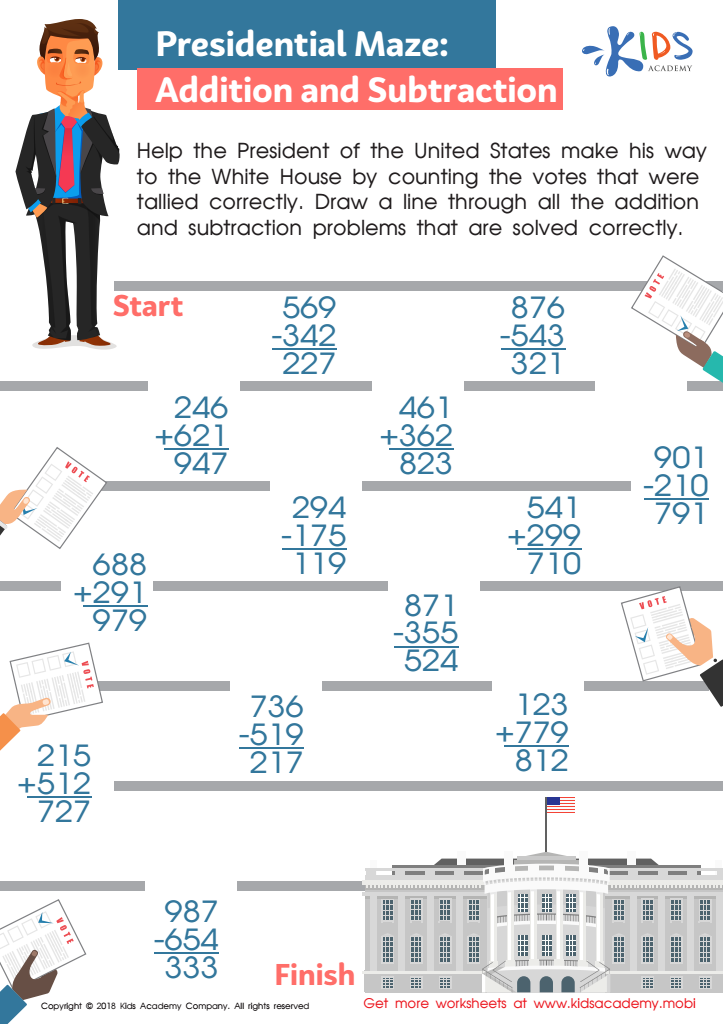

Presidential Maze: Addition and Subtraction Worksheet
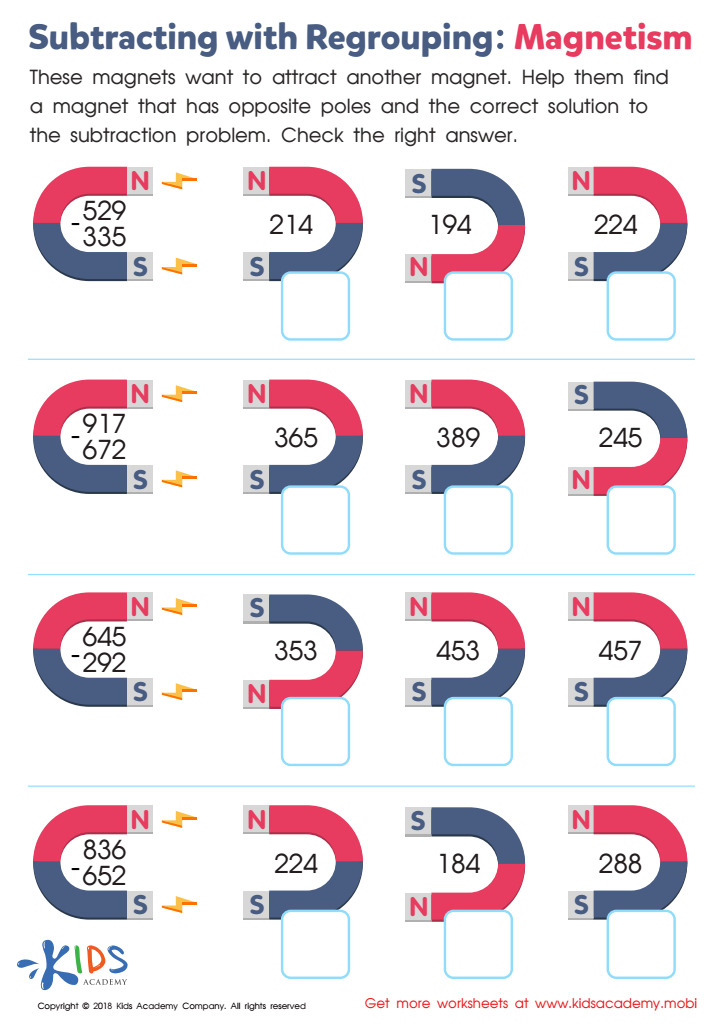

Subtracting with Regrouping: Magnetism Worksheet
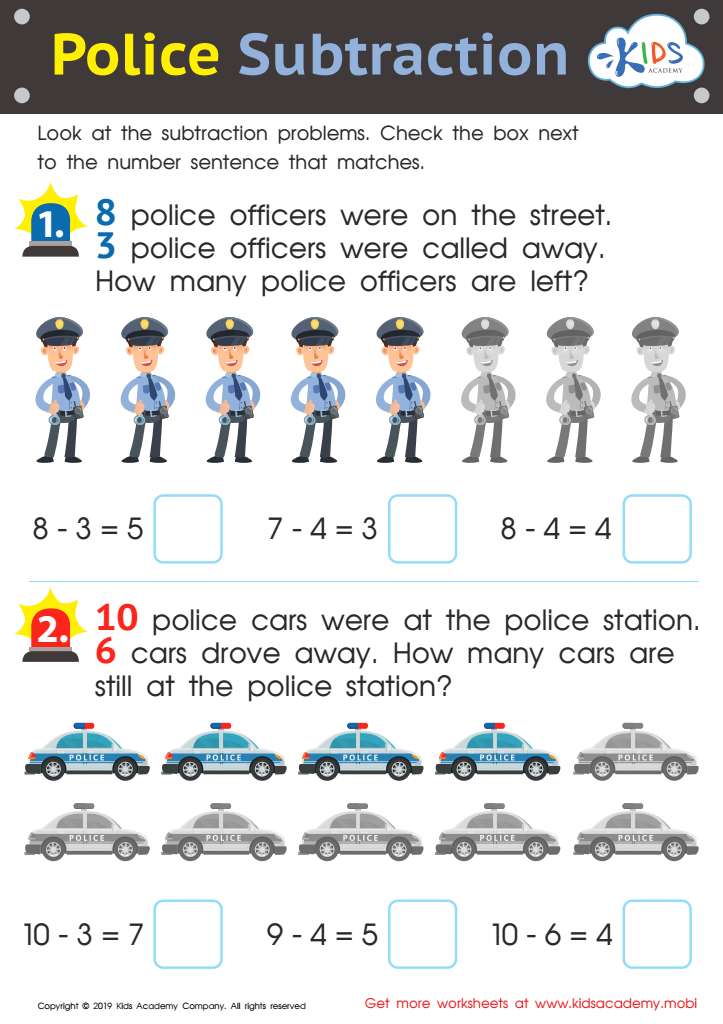

Police Subtraction Worksheet
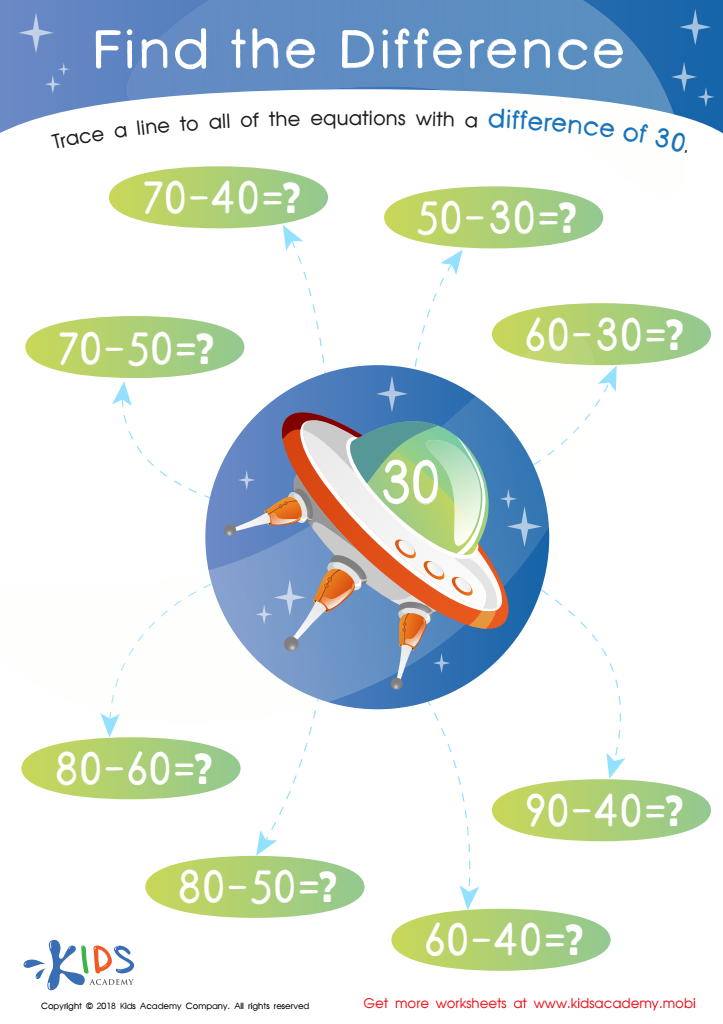

Find The Difference Worksheet
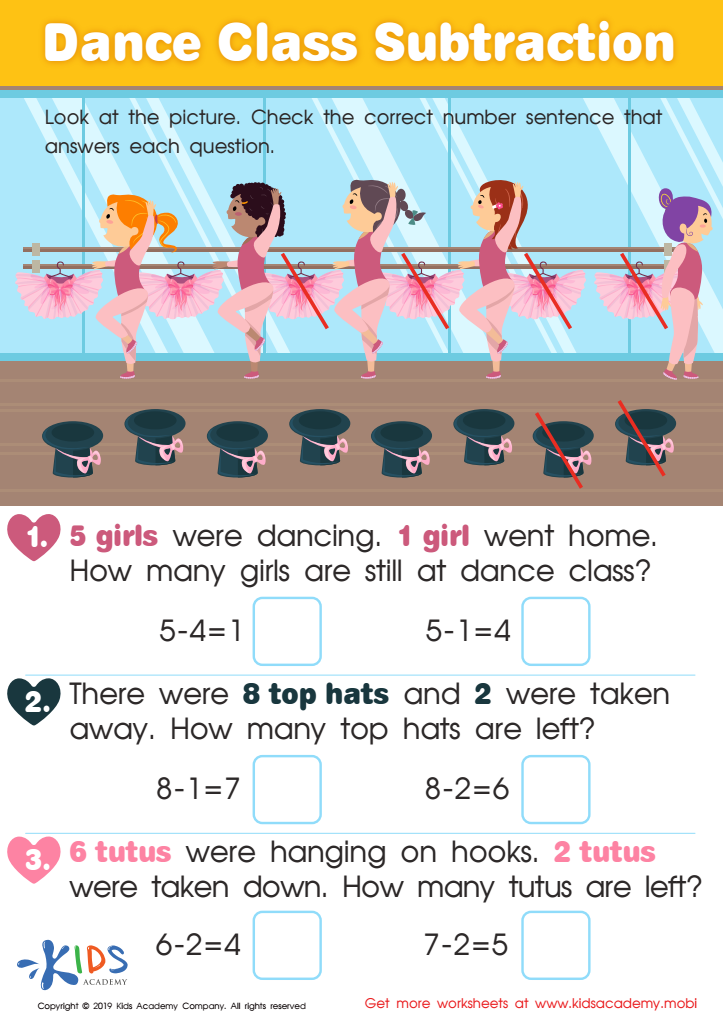

Dance Class Subtraction Worksheet
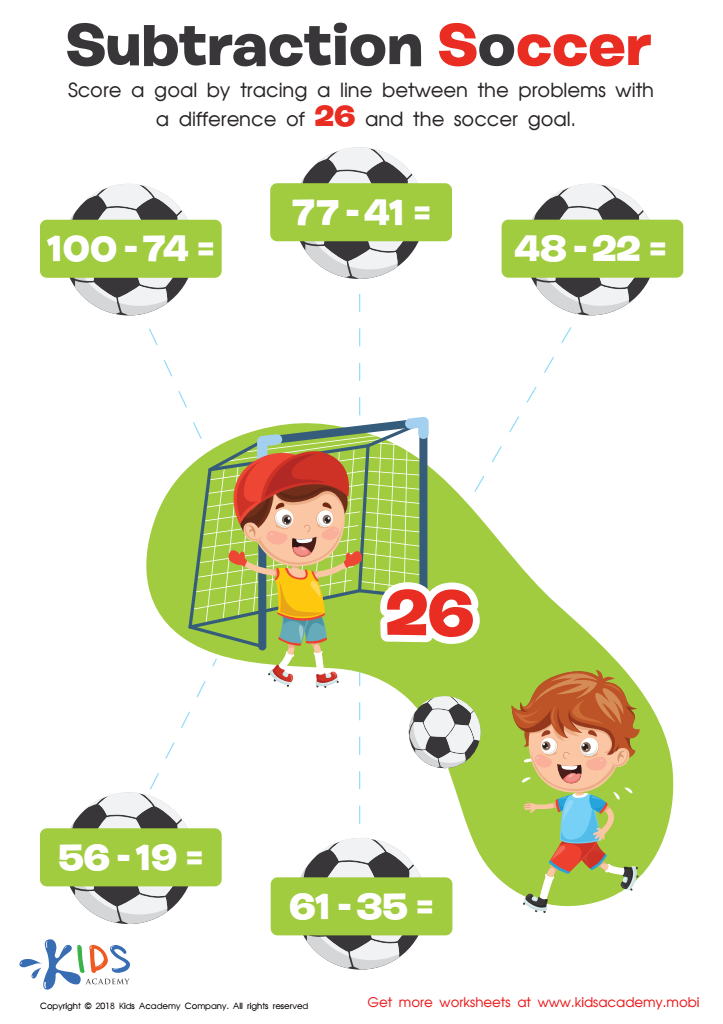

Subtraction Soccer Worksheet
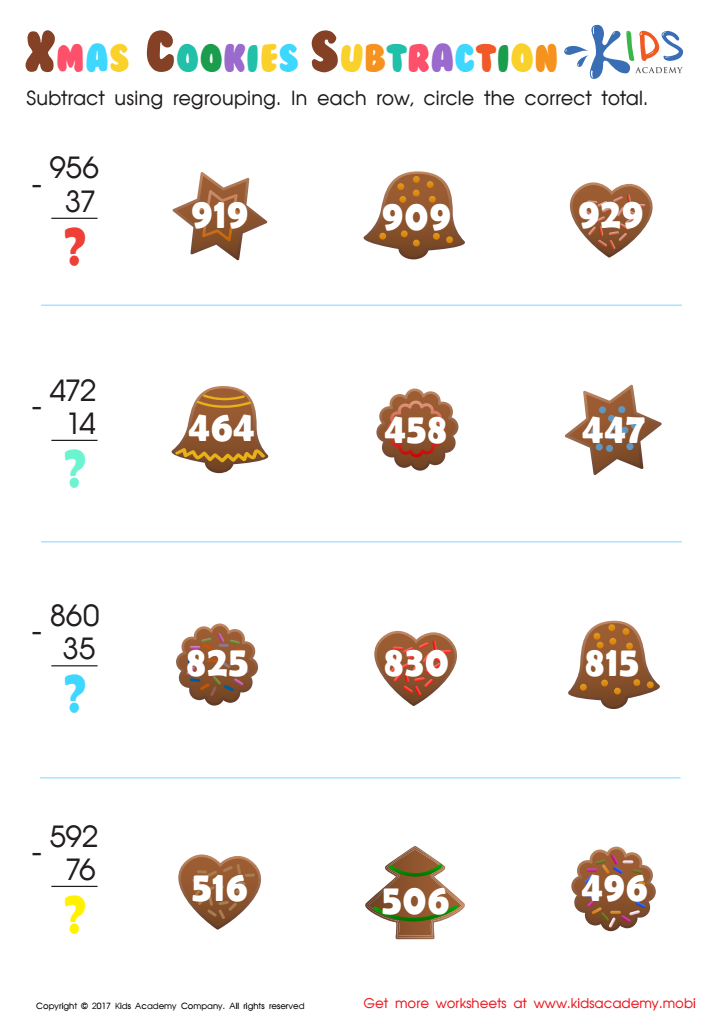

Three Digits Addition with Regrouping Worksheet
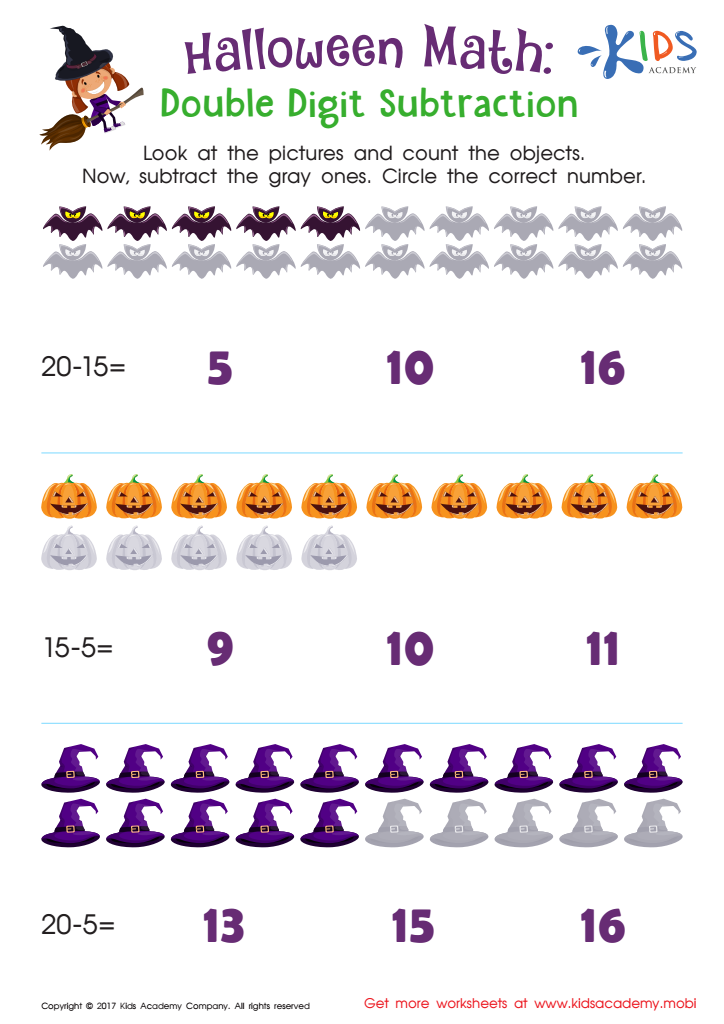

Halloween Math Subtraction Worksheet
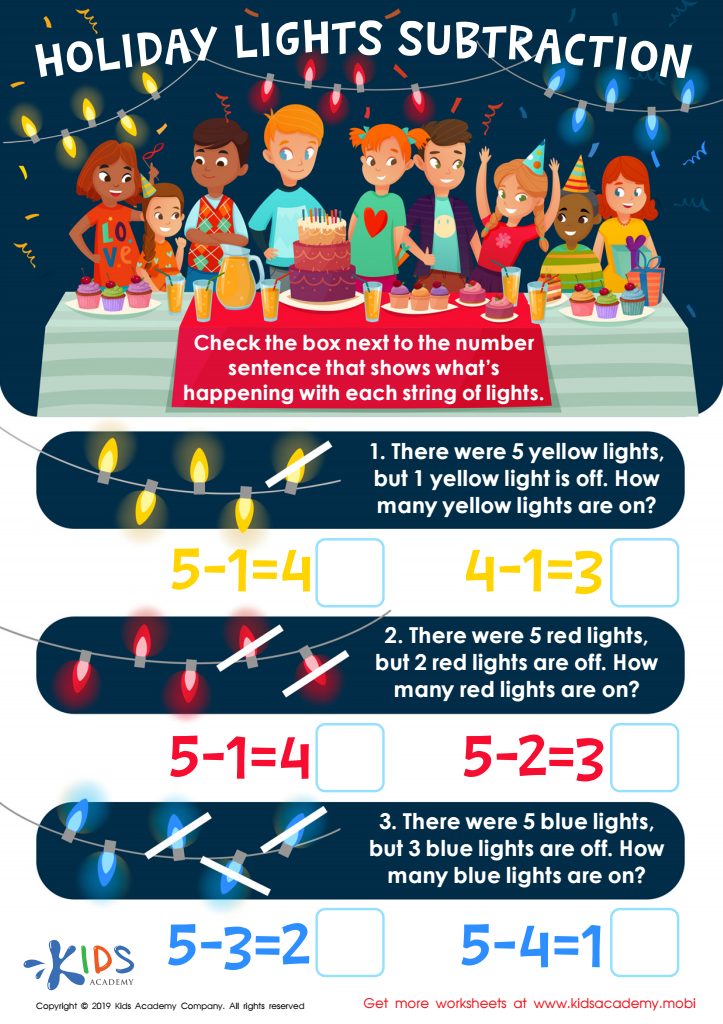

Holiday Lights Subtraction Worksheet
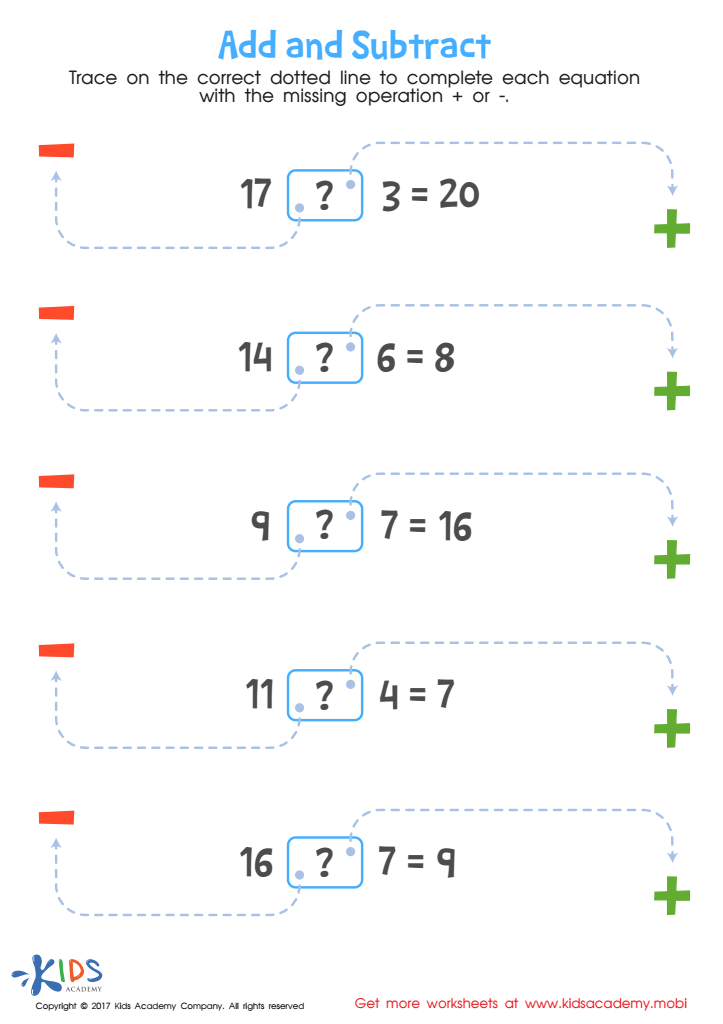

Add and Subtract Worksheet
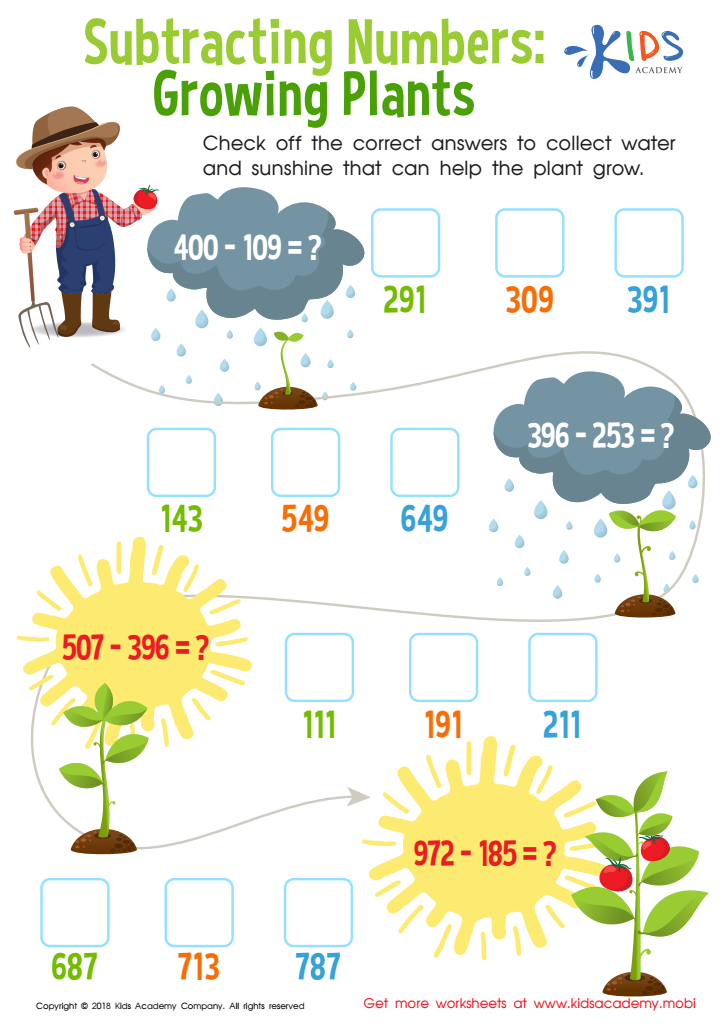

Subtracting Numbers: Growing Plants Worksheet
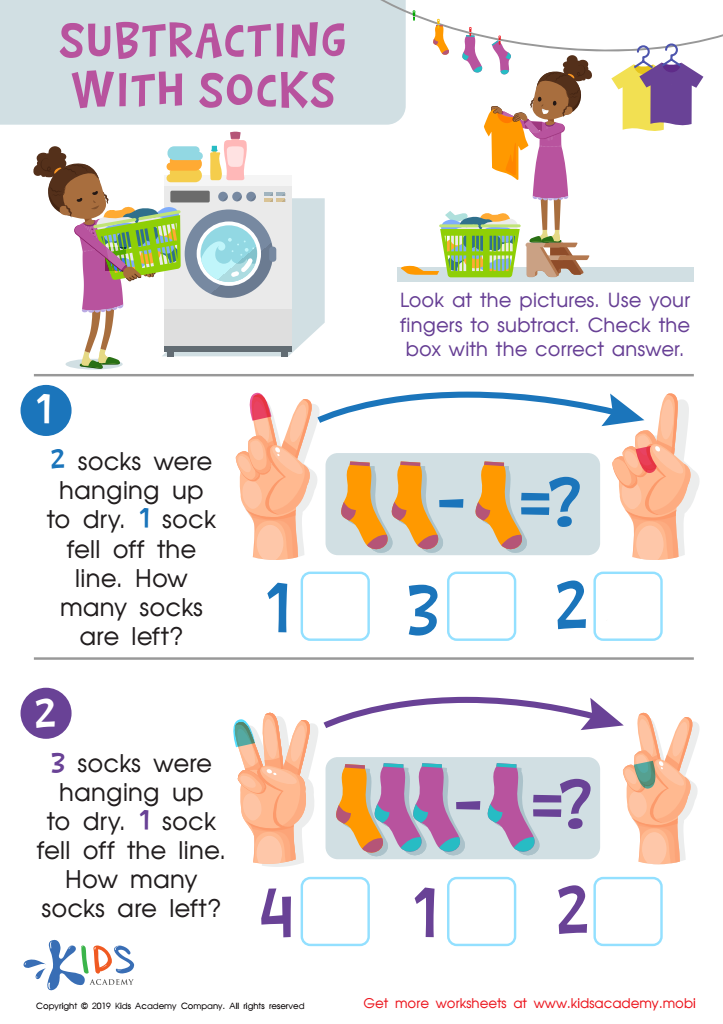

Subtracting Socks Worksheet
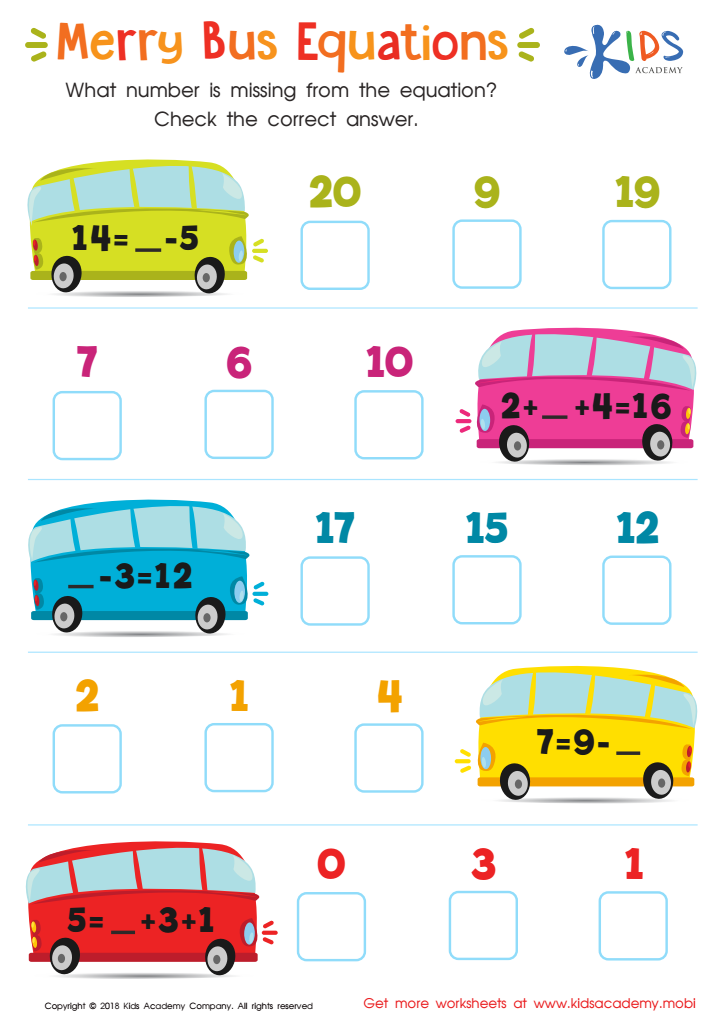

Merry Bus Equations Worksheet
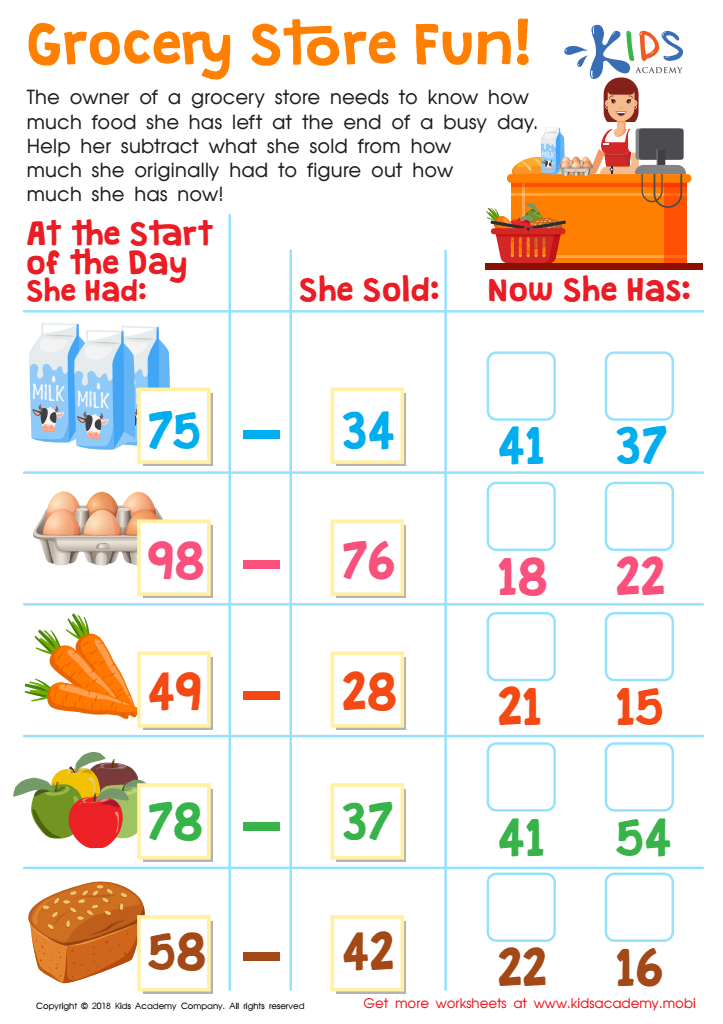

Grocery Store Fun! Worksheet
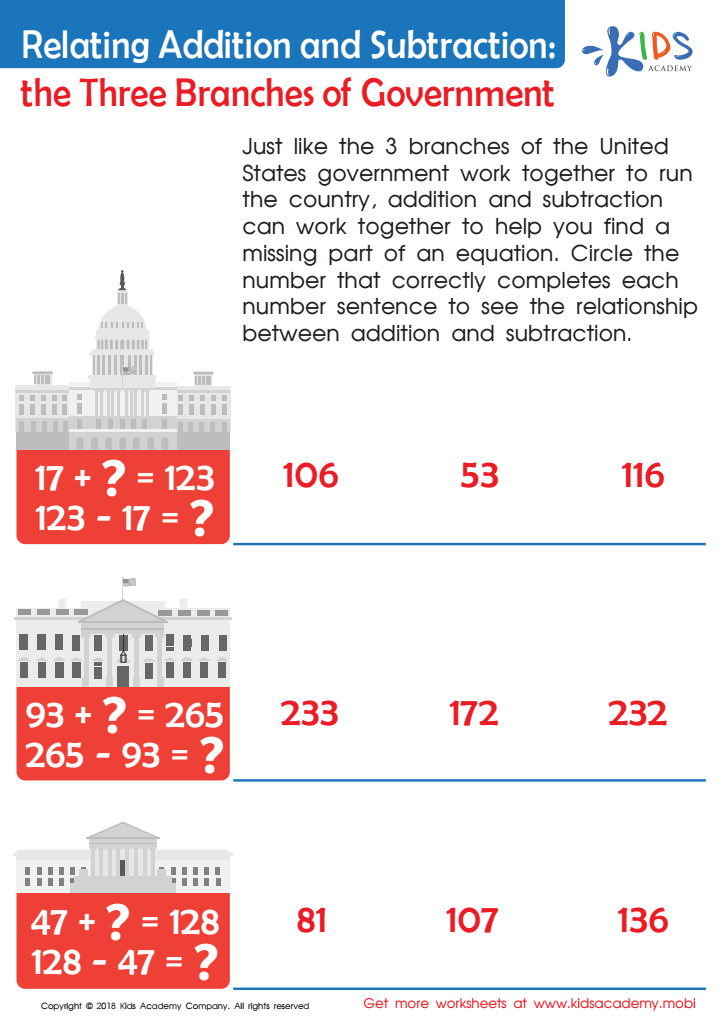

The Three Branches of Government Worksheet
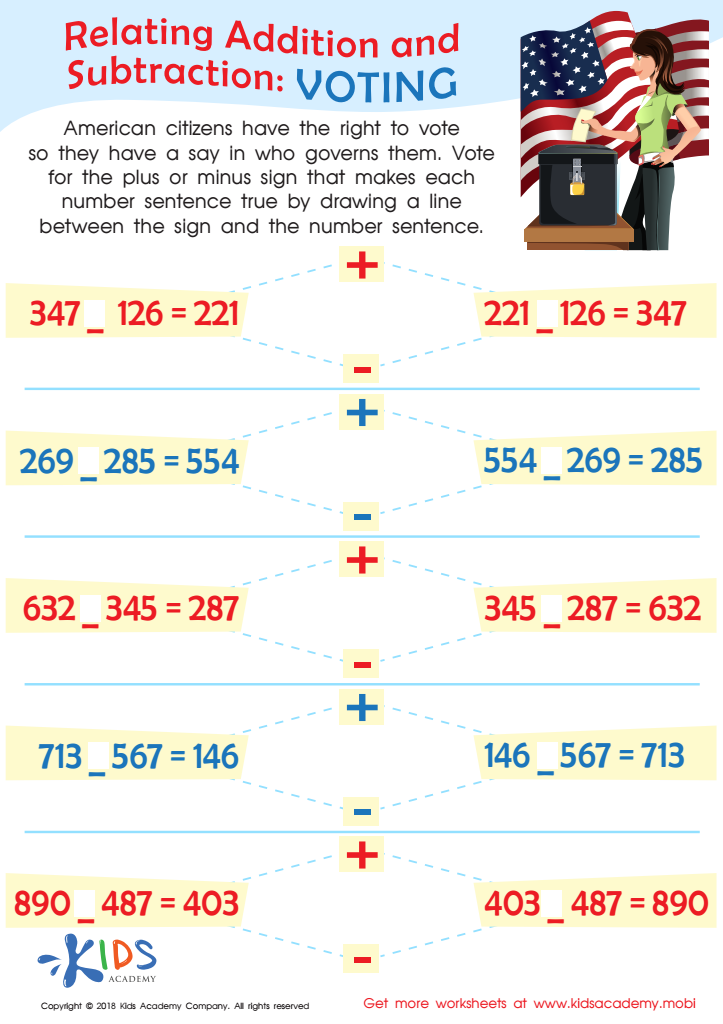

Voting Worksheet
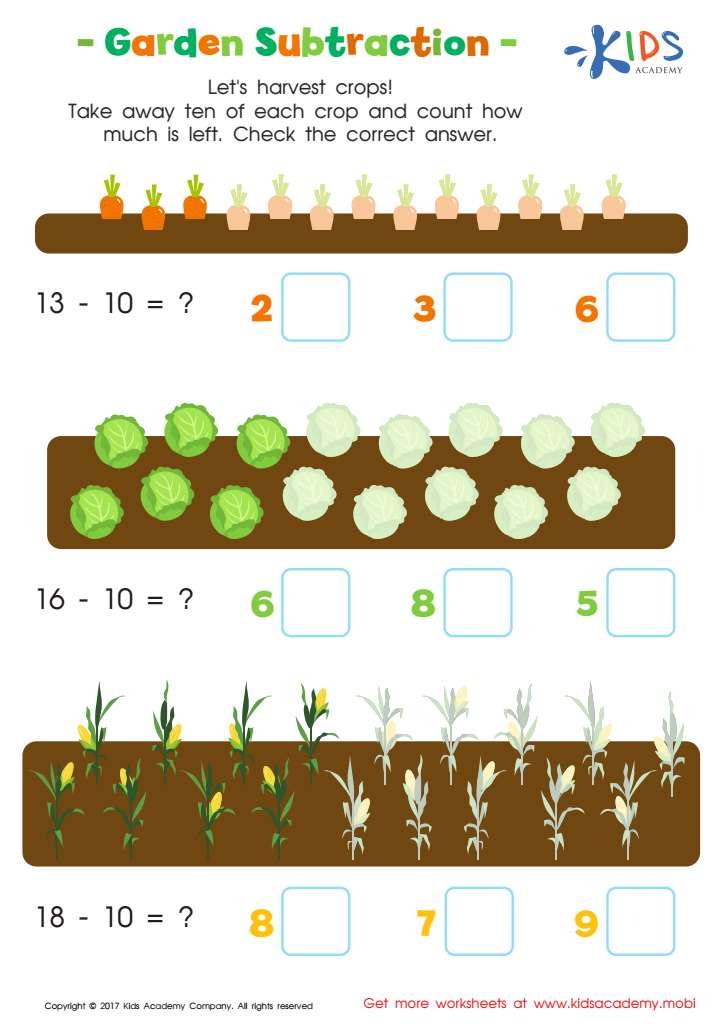

Garden Subtraction Worksheet
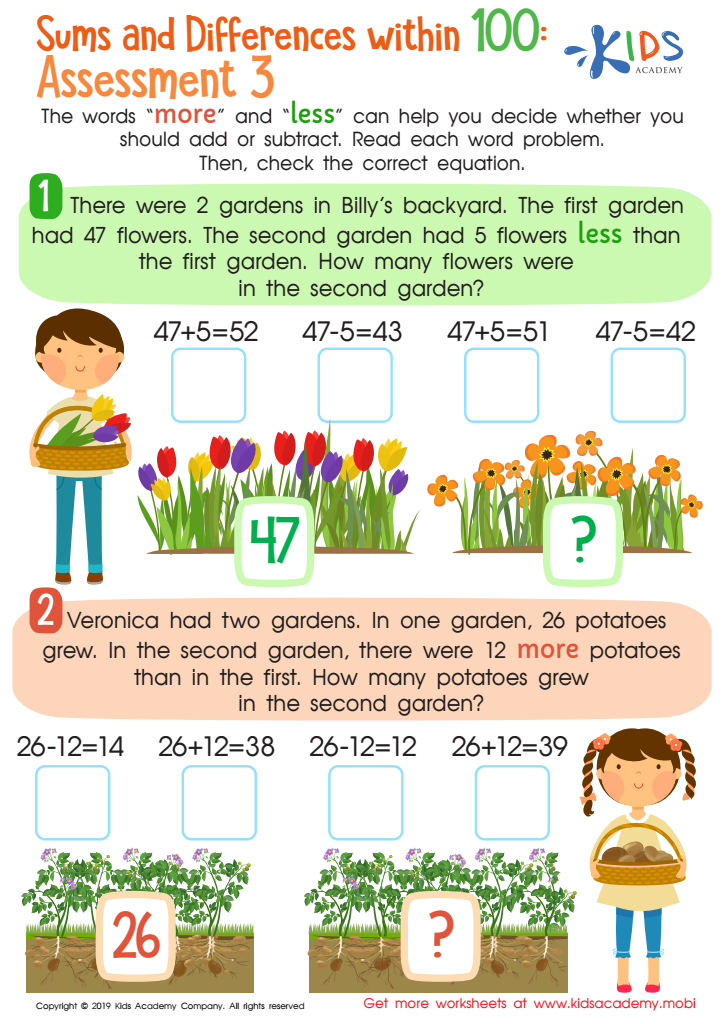

Sums and Differences Within 1 - Assessment 1 Worksheet
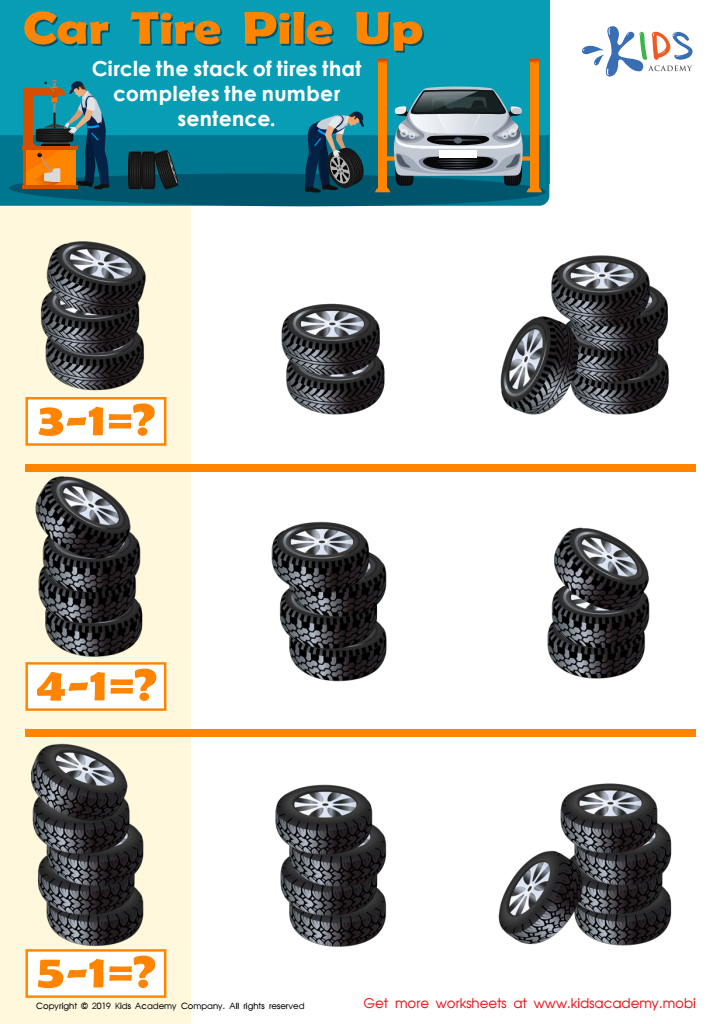

Car Tire Pile Up Worksheet
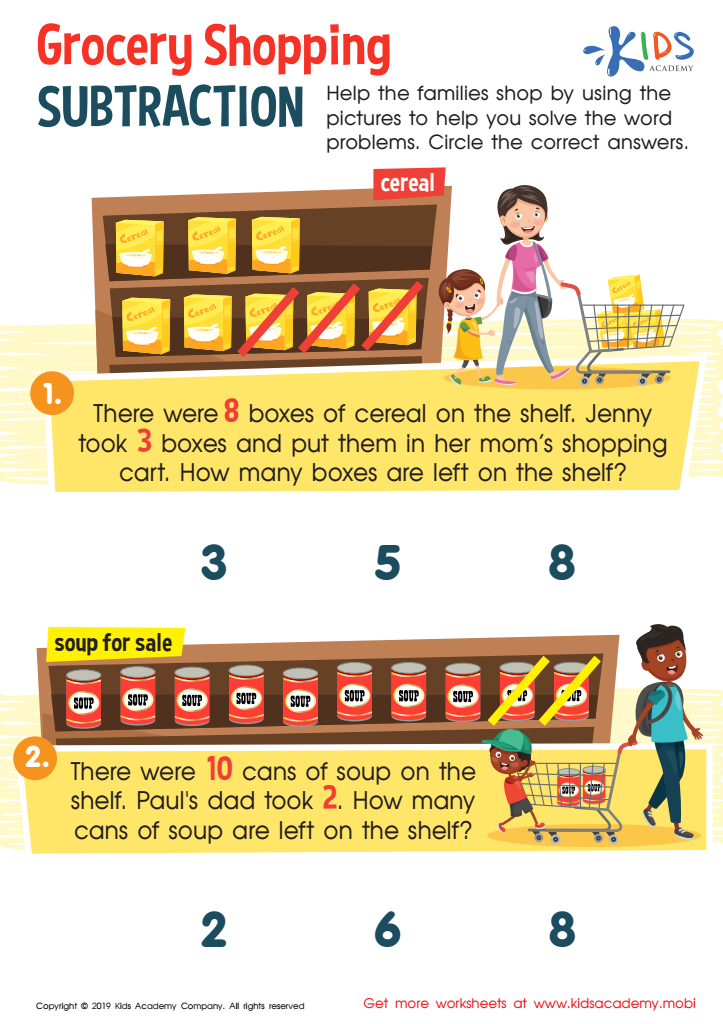

Grocery Shopping Subtraction Worksheet
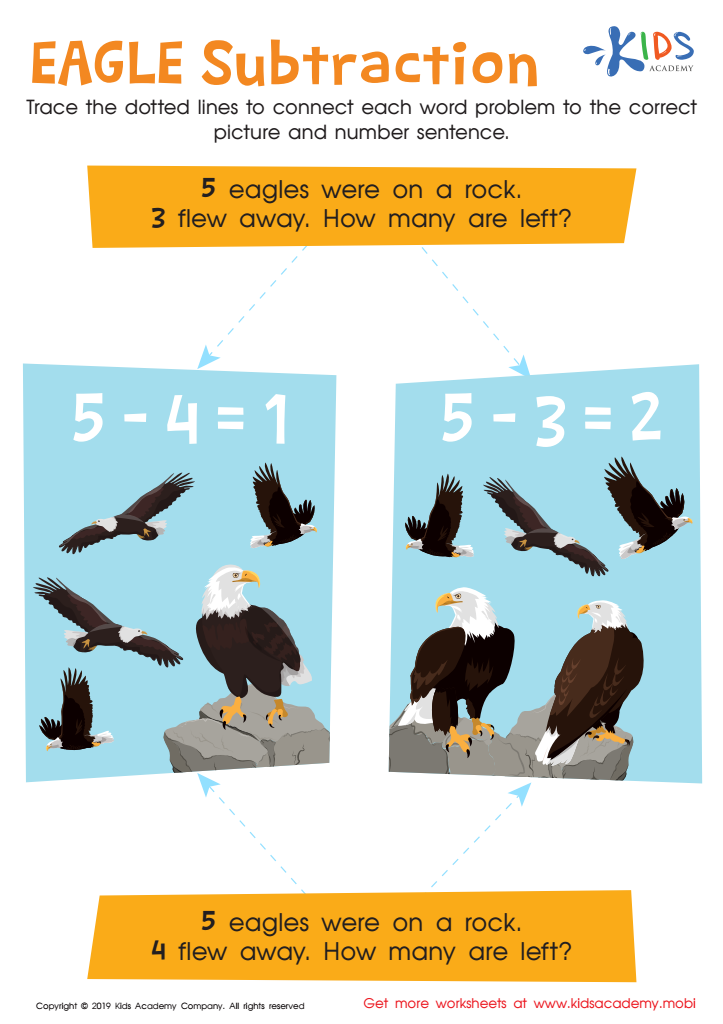

Eagle Subtraction Worksheet
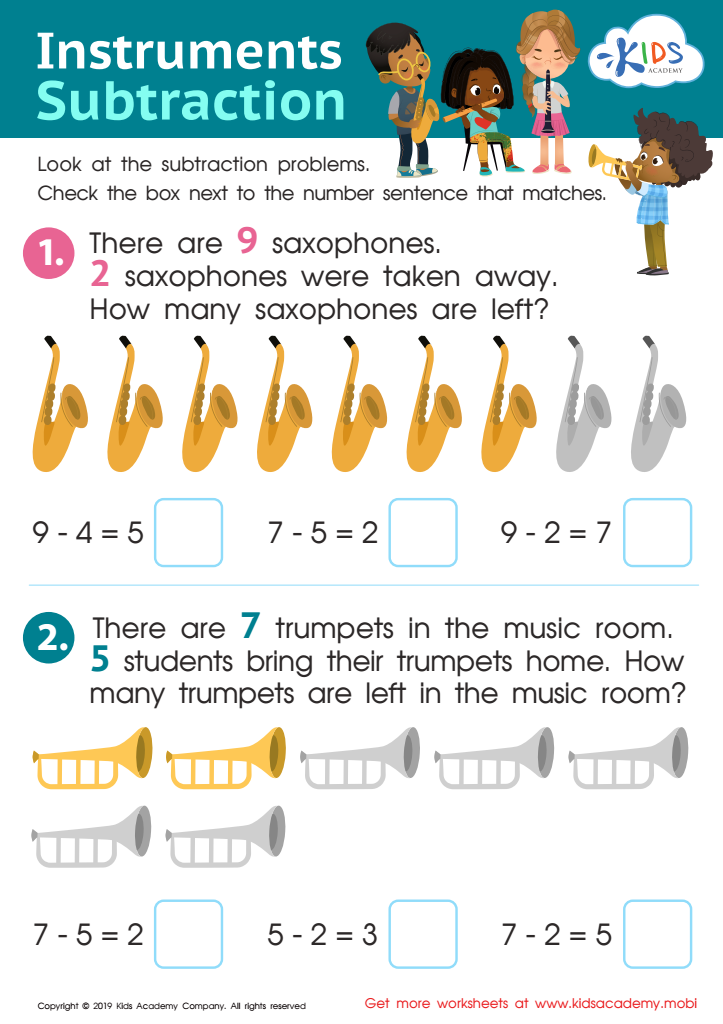

Instrument Subtraction Worksheet
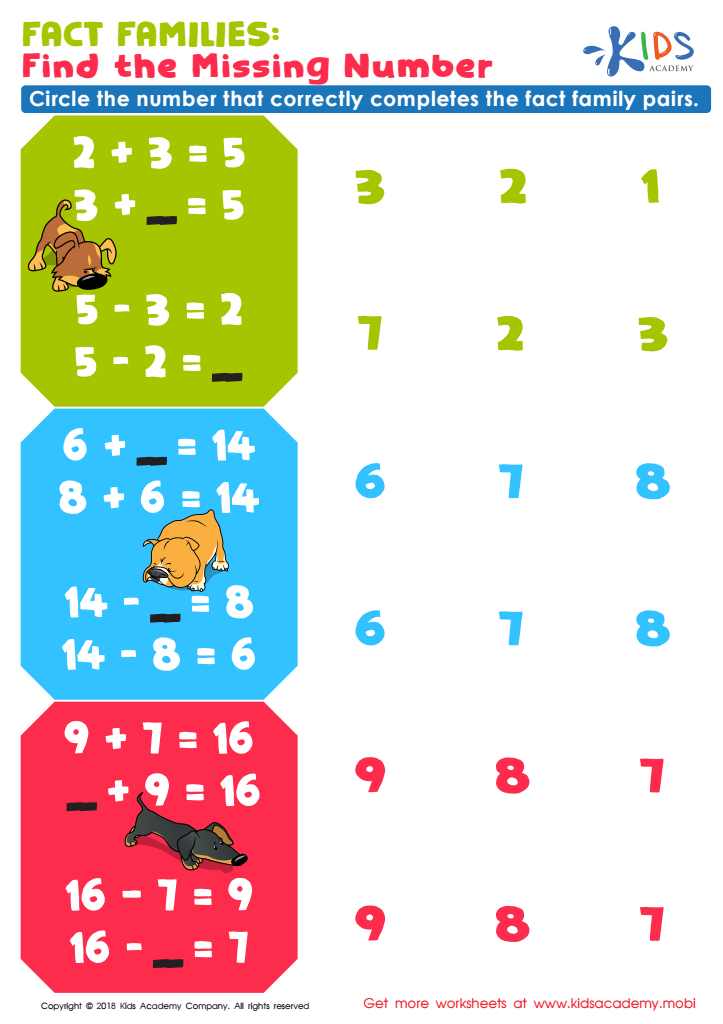

Fact Families: Find Missing Number Worksheet
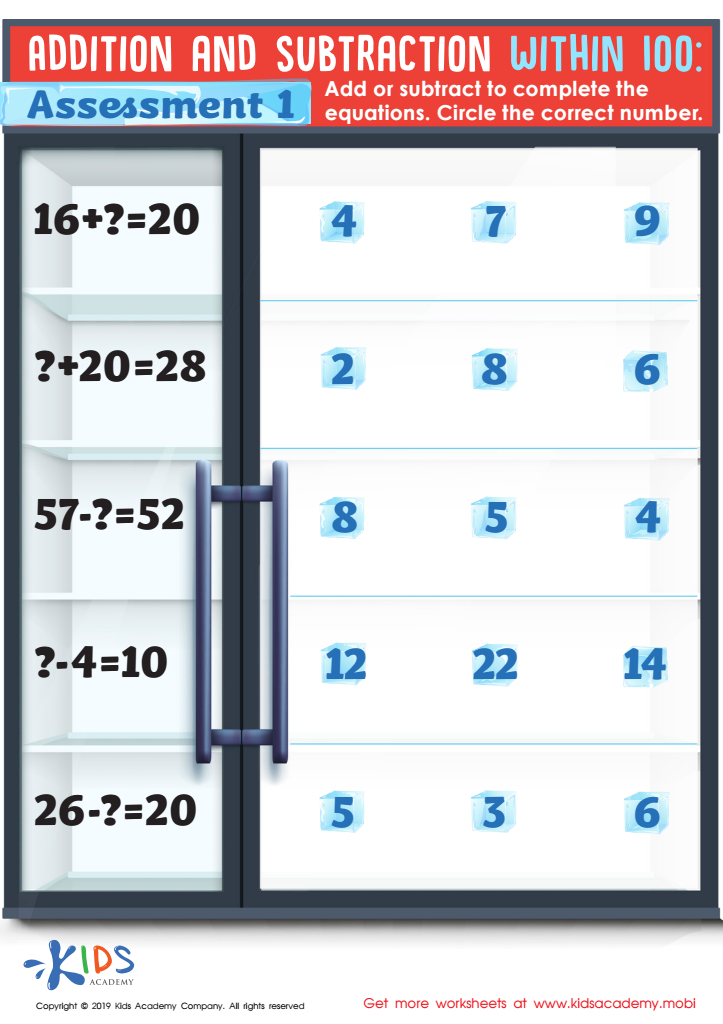

Addition and Subtraction within 100: Assessment 1 Worksheet
Understanding subtraction is a vital skill for young children aged 6-9 as it forms the foundation for more complex mathematical concepts and everyday problem-solving. Parents and teachers should prioritize teaching subtraction because it helps children develop critical thinking and logical reasoning skills. Mastering this operation allows children to easily move onto more sophisticated arithmetic operations such as multiplication and division, which are essential for advanced mathematics and future academic success.
Furthermore, subtraction is a practical skill that children will use in their daily lives. Whether it’s managing allowance money or determining how many apples are left after sharing with friends, subtraction is universally relevant. It also builds confidence in arithmetic, which fosters a positive attitude toward learning math.
Subtraction helps in cognitive development by enhancing memory and concentration. Through the process of subtracting numbers, children learn to follow step-by-step procedures and strengthen their ability to focus on details.
Moreover, an early understanding of subtrophysicsction aids in the development of problem-solving capabilities. It allows children to break down larger problems into more manageable parts, promoting analytical thinking and persistence.
Therefore, guiding children through subtraction between the ages of 6 and 9 prepares them not just academically but equips them with essential life skills, forming a strong basis for their future educational journey.
 Assign to My Students
Assign to My Students















